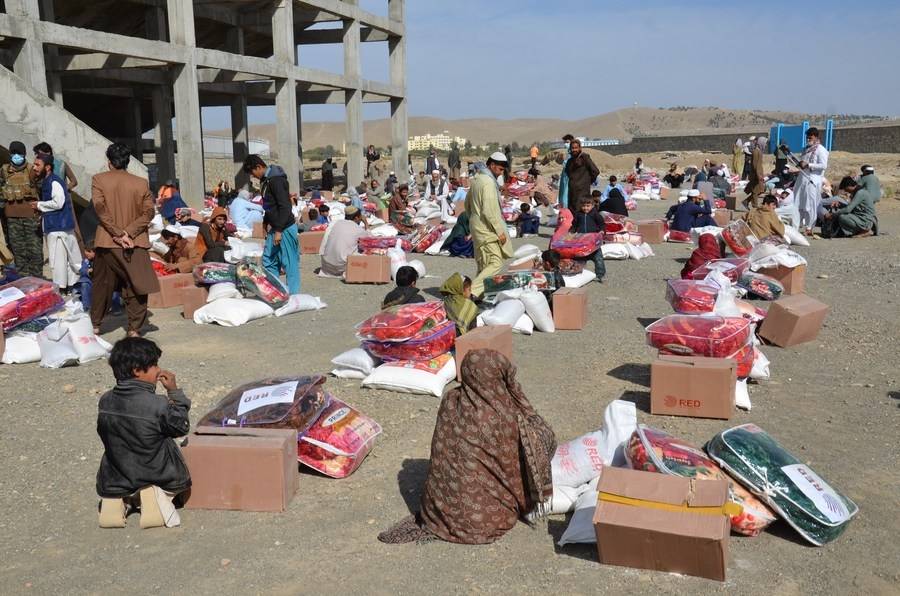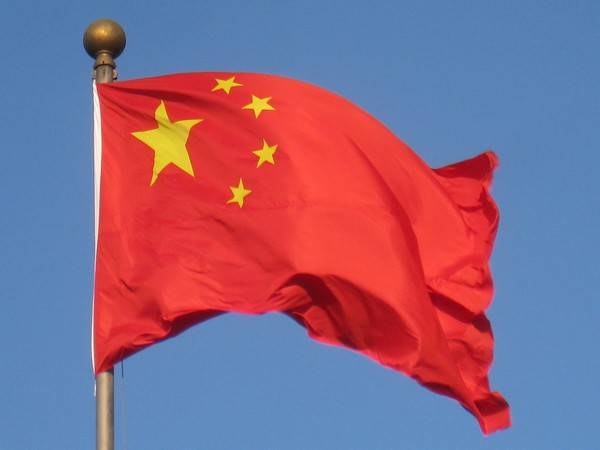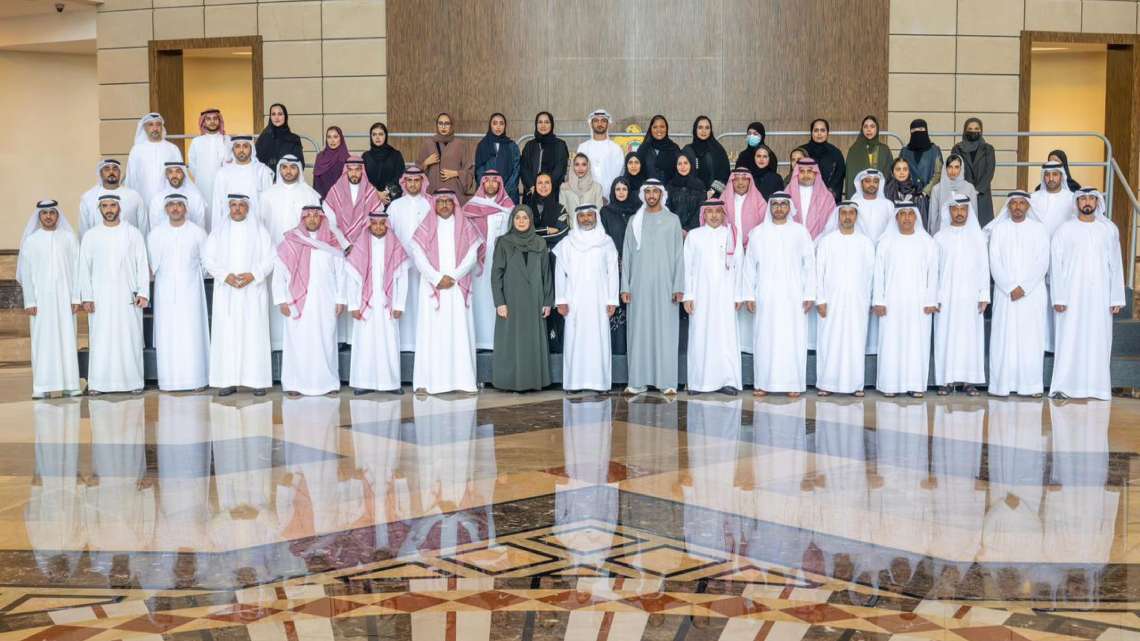CRBC has also established a subsidiary called Africa Star Railway Operation Company Limited (AFRISTAR) to work on railway infrastructure in the region…reports Asian Lite News
Kenya has joined the list of countries that are getting a reality check after trusting China for development assistance, and later finding itself in the trap with its public services under the ambit of Beijing-based companies, Inside Over reported.
It is known fact that China is using its growing capital resources to aggressively expand its influence worldwide through infrastructure investments, and the underdeveloped countries in Africa, that are already struggling from capital shortages, are the primary targets of Chinese debt and equity. These struggling countries often count upon China for trade, technology and equipment, and are found relying on Beijing to bolster their defence capabilities, stimulate their economies, improve infrastructure, and enhance public services.
However, soon after working with Chinese entities, the experience turns distasteful for many of these countries and their institutions. While Beijing initially promotes its investment proposals as win-win deals for these countries, different contours of the agreement come into play after some time.
A major African nation getting such a reality check is Kenya, Inside Over reported.
The last decade witnessed Kenya forging strong trade ties with China while consistently sourcing a wide range of goods from the latter. The African nation’s involvement in the Belt and Road Initiative led to a substantial increase in imports from China, particularly to support its expanding infrastructure.
Nevertheless, the trade balance always favoured China, as evidenced by Kenya’s imports from China accounting for 97 per cent, while its exports to China being a paltry 3 per cent. The trade disparity between Kenya and China raises concerns about the sustainability and long-term benefits of their economic partnership, Inside Over reported.
Another challenge for equitable bilateral relationship is the tendency of big Chinese companies, often state entities, to dominate the affairs in projects undertaken by them in Kenya.
For example, China Road and Bridge Corporation (CRBC), a state-owned company, is widely engaged in infrastructure projects across the country. But, the company is a subject of criticism for its corrupt practices and discrimination against local communities which is also visible on social media.
The construction of the Western Ring Road Project by the company is under public scrutiny for its high cost and plans to impose excessive toll fees on Kenyans. Similarly, the Nairobi Metropolitan Services (NMS) is experiencing difficulties due to negligence of CRBC in public projects. NMS had contracted the Chinese company for a project involving Water, Sewer Extensions, and Street Lighting in various areas of Nairobi. However, the civic authority is now accusing CRBC of failing to manage compliance issues, causing inconvenience to the public and even accidents.
Notably, CRBC was sanctioned by the World Bank in 2009 for engaging in corrupt practices in the Philippines, Inside Over reported.
CRBC has also established a subsidiary called Africa Star Railway Operation Company Limited (AFRISTAR) to work on railway infrastructure in the region.
AFRISTAR was responsible for developing the communications and information system for the Kenyan Railway (KR) Corporation’s Standard Gauge Railway. While the system was commissioned and put into operation in 2017, it has been experiencing several issues since then.
KR officials have repeatedly approached AFRISTAR for assistance, but the Chinese company has shifted the blame back to KR, claiming that the corporation failed to ensure timely maintenance of the system. AFRISTAR is now demanding a substantial payment to undertake system maintenance for several years. Furthermore, AFRISTAR has warned that any problems with train operations or passenger services will be the responsibility of KR, effectively absolving itself of liability if additional payment is not made, Inside Over reported.
Fixated on increasing its profits, AFRISTAR has now started pressurizing the KR authorities for an increase in freight rates for the cargo clients. Going by its rigid stance on the matter, the Chinese company may even resort to halt the operations if its demands are not met.
This has effectively made the railway hostage to Chinese dictate. The outcome of this standoff may add to a growing list of reasons why an unchecked reliance on China for development comes with challenges. Such instances may also push Kenya and other African countries towards more transparency, balanced trade, and careful scrutiny of investment terms in Chinese proposals, Inside Over reported. (ANI)
ALSO READ-CPEC power projects in jeopardy as China pulls the plug off Thar Coal Block-1













